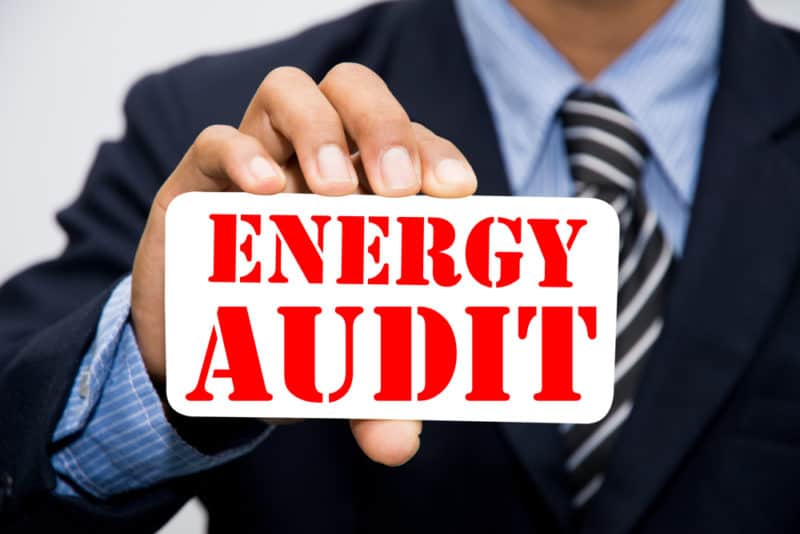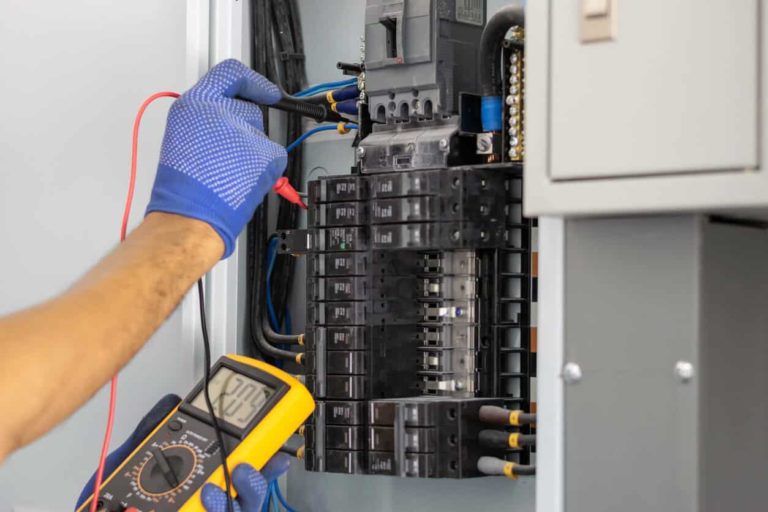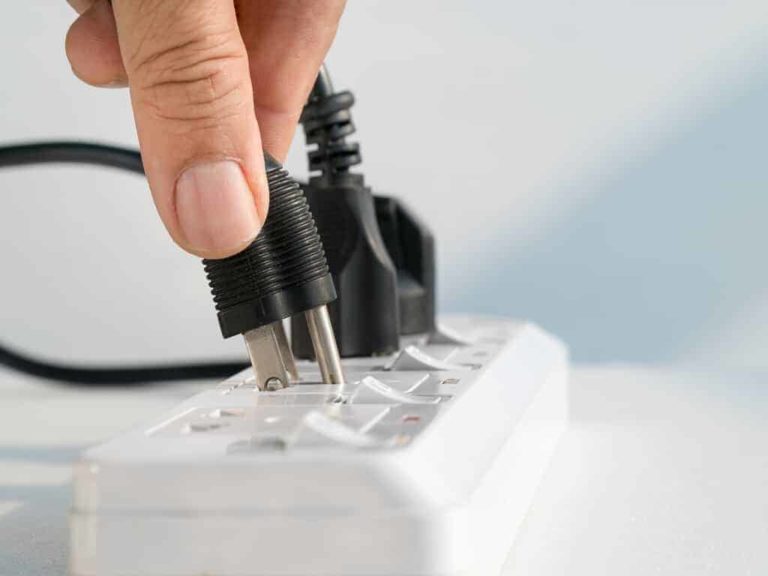What St. Petersburg Businesses should know about Commercial Energy Audits
Understanding the energy use in your St. Petersburg, Florida, business is crucial to finding ways to reduce your business’s energy costs and minimize its carbon footprint. One way that a company can get a better understanding of where their energy dollars are going is by having a commercial energy audit conducted.
What Is an Energy Audit?
An energy audit is an assessment of the amount of energy that a building uses. It also includes recommendations for ways to reduce your overall energy consumption. It can help business owners to understand the impact of energy use on performance and comfort and how this can affect their business operations. Audits also provide energy-focused improvements that can make their company run more efficiently.
What Goes on During an Energy Audit
Your commercial energy audit will examine all of the factors that affect the building’s energy consumption. The first step is an analysis of the utility bills and historical energy data supplied by the customer. Next will be an on-site analysis of the property in which the auditor gathers information from all the energy systems in the building, such as:
- Lights.
- Heating and cooling.
- Exhaust fans.
- Hot water.
- Industrial process loads.
- Building envelope.
Once that information is gathered, the auditor will collect data on all of the equipment in the building, including such factors as:
- Data logging for equipment operation.
- Checking to see that temperatures, pressures, and flows are calibrated.
- Collecting data on power and thermal consumption.
- Comparing the data trends with actual performance.
In addition to collecting data, the auditor will review any construction drawings, examine the condition of the building, and conduct interviews with facility members and staff. In these interviews, information will be gathered on:
- Operating hours.
- Areas of staff concern.
- Current controls and operating schedules.
Finally, your auditor will perform diagnostics checks and testing on:
- Building sealing.
- Duct leakage.
- Airflow through the cooling coil.
- The fan watt draw of an air handler.
- The refrigerant charges.
- The centralized ventilation system.
- The flow measurements for exhaust fans.
- Combustion efficiency.
- The equipment kilowatt and kilowatt-hour draw.
Main Benefits of a Commercial Energy Audit
There are many benefits that businesses can expect from having an energy audit. Some of the most common reasons that business owners will have a commercial energy audit performed include:
Monetary Savings
One of the most obvious benefits that a business can enjoy is the potential savings to their bottom line when it comes to the amount they will save on reduced energy bills. Once the energy audit has been completed, your auditor will provide you with a list of ways to improve the efficiency of your building as well as the amount of savings you might expect with each upgrade.
Not only will your auditor assess each of the energy systems in your building, but they will also look at the ways that each of these systems interacts with each other. In addition to savings on utility bills after an energy audit, you will also see financial rewards such as:
- An increase in profits.
- Reduced energy-related expenses.
- Higher return on investment.
- Future cost protection against higher energy costs.
- Increased building value.
- Increased competitive advantage.
- Reduced financial risk for facility owners.
Operational Benefits
Your business will also enjoy operational benefits after your energy audit is completed. The energy audit will include ways to modernize and upgrade the systems in your business including interior, exterior, mechanical, and technological systems. Operational benefits include:
- Reduced operation and maintenance costs.
- Increased longevity and reliability of current equipment.
- Reduced downtime associated with equipment breakdown.
- Improved operating efficiency.
- Better building control and automation.
Other Benefits
There are other benefits that may attract a business owner to an energy audit that may not be as tangible as monetary savings. These long-term rewards often result from increased customer satisfaction and employee comfort and productivity. Some of the lesser-known benefits of a commercial energy audit include:
- Positive brand image from improved energy efficiency.
- Higher levels of employee productivity.
- Better building comfort for customers and workers.
- Improved employee morale.
Find out more on how a commercial energy audit can improve your business by contacting Luminous Electric today to schedule your consultation.







